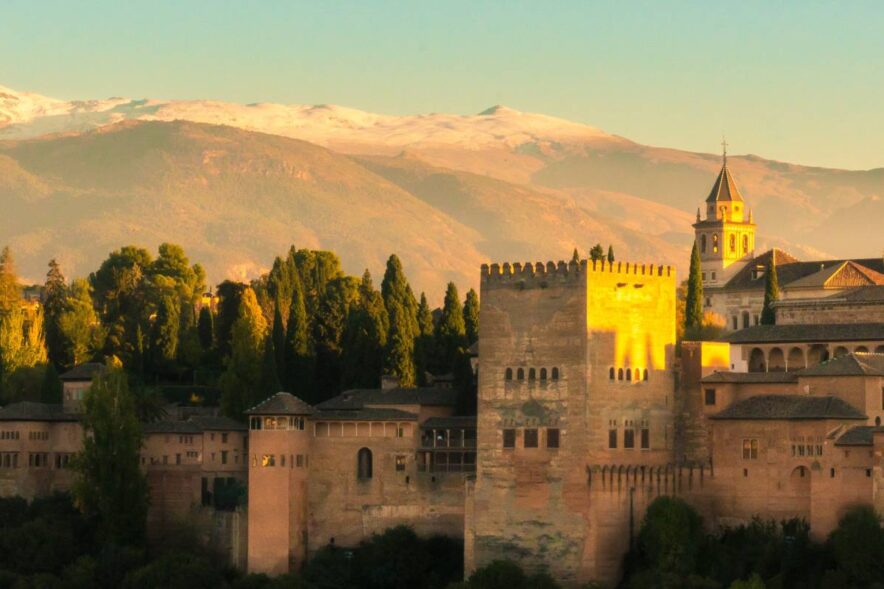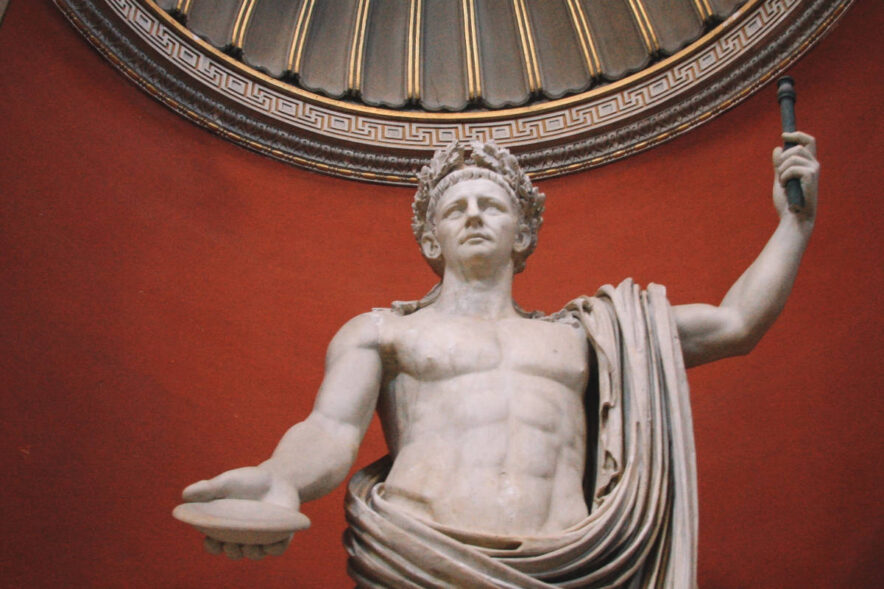A New Heaven And A New Earth – What Comes After the End? Inarguably, it’s the end of the story...
Tag: the king
Showed 1 to 3 posts out of 3 total under "Tag: the king" category.
(Not a reader? Take a listen instead ⇓) The sovereignty and rule of God has always existed and will...
(Not a reader? Take a listen instead ⇓) Christianity in the first century was a spiritual explosion, fueled...


